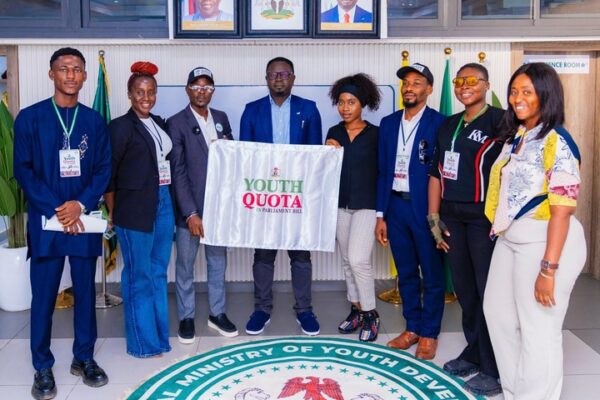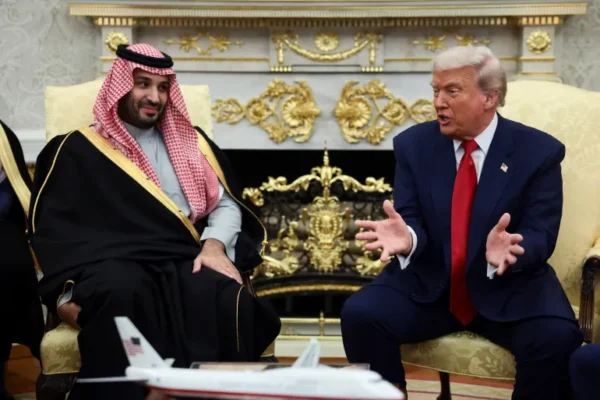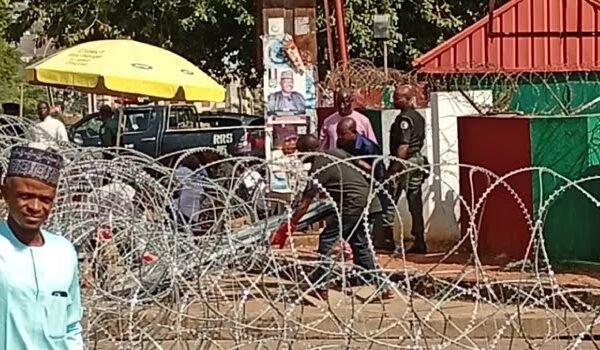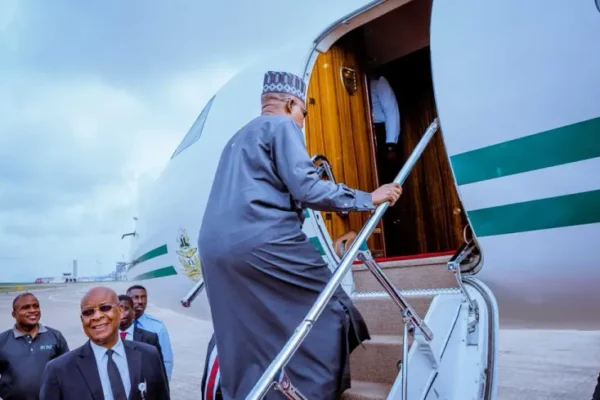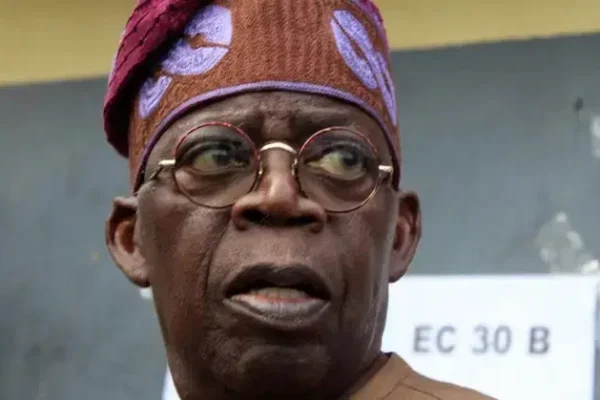November 19, 2025 United States President Donald Trump on Tuesday hosted Saudi Arabia’s Crown Prince Mohammed bin Salman (MBS) at the White House, marking one of the most elaborate state welcomes of his administration and signalling a new phase in US–Saudi relations. MBS, who arrived through the South Portico, was received with marching bands, flag-bearing horsemen and a military flyover—an extravagant display underscoring Washington’s deepening ties with Riyadh. Both leaders later met journalists in the Oval Office, highlighting cooperation in security, investment, technology and Middle East diplomacy. Below are the key highlights from the meeting: 1. Progress on Possible Saudi–Israel Normalisation Trump and MBS confirmed they held “good talks” on Saudi Arabia potentially joining the Abraham Accords. While no timeline was given, the crown prince reiterated Riyadh’s long-standing position: any agreement must include a clear path to a Palestinian state. “We want to be sure we secure a clear path to a two-state solution,” MBS said. 2. US Grants Saudi Arabia ‘Major Non-NATO Ally’ Status At a black-tie dinner, Trump formally recognised Saudi Arabia as a major non-NATO ally, joining 19 other nations with privileged access to US military equipment. Both countries also signed a new strategic defence agreement, with the White House stating it will strengthen deterrence in the Middle East and secure increased Saudi contributions to shared security costs. Trump further confirmed he will approve the sale of F-35 fighter jets to the kingdom. 3. Trump Says Iran Wants a Deal While boasting about US strikes on Iran’s nuclear facilities earlier in the year, Trump also adopted a softer tone, suggesting Tehran now seeks diplomacy. “I am totally open to it,” he said. MBS told reporters Saudi Arabia would support a US–Iran agreement “that satisfies the region and the world”. 4. Saudi Arabia Set to Invest Up to $1 Trillion in the US Trump thanked the crown prince for what he described as $600 billion to $1 trillion in new Saudi investments into the US economy, spanning technology, artificial intelligence, rare minerals and manufacturing. MBS echoed this, saying the kingdom wants to anchor its economic transformation around emerging American technologies. 5. Warmth, Praise and Political Messaging The meeting was marked by unusually warm exchanges. Trump described MBS as “fantastic” and “brilliant”, even grabbing his hand while mocking former President Joe Biden’s fist-bump meeting with the crown prince in 2021. The optics underscored the administration’s view of Saudi Arabia not only as a strategic partner but also as a central pillar of its Middle East policy. What It Means The high-profile meeting signals: – A revived push for Saudi–Israel normalisation – Deeper defence and security alignment – Massive economic ties and tech partnerships – Potential diplomatic openings with Iran With Trump and MBS projecting unity and ambition, Washington and Riyadh appear poised for one of the closest bilateral partnerships in decades.



